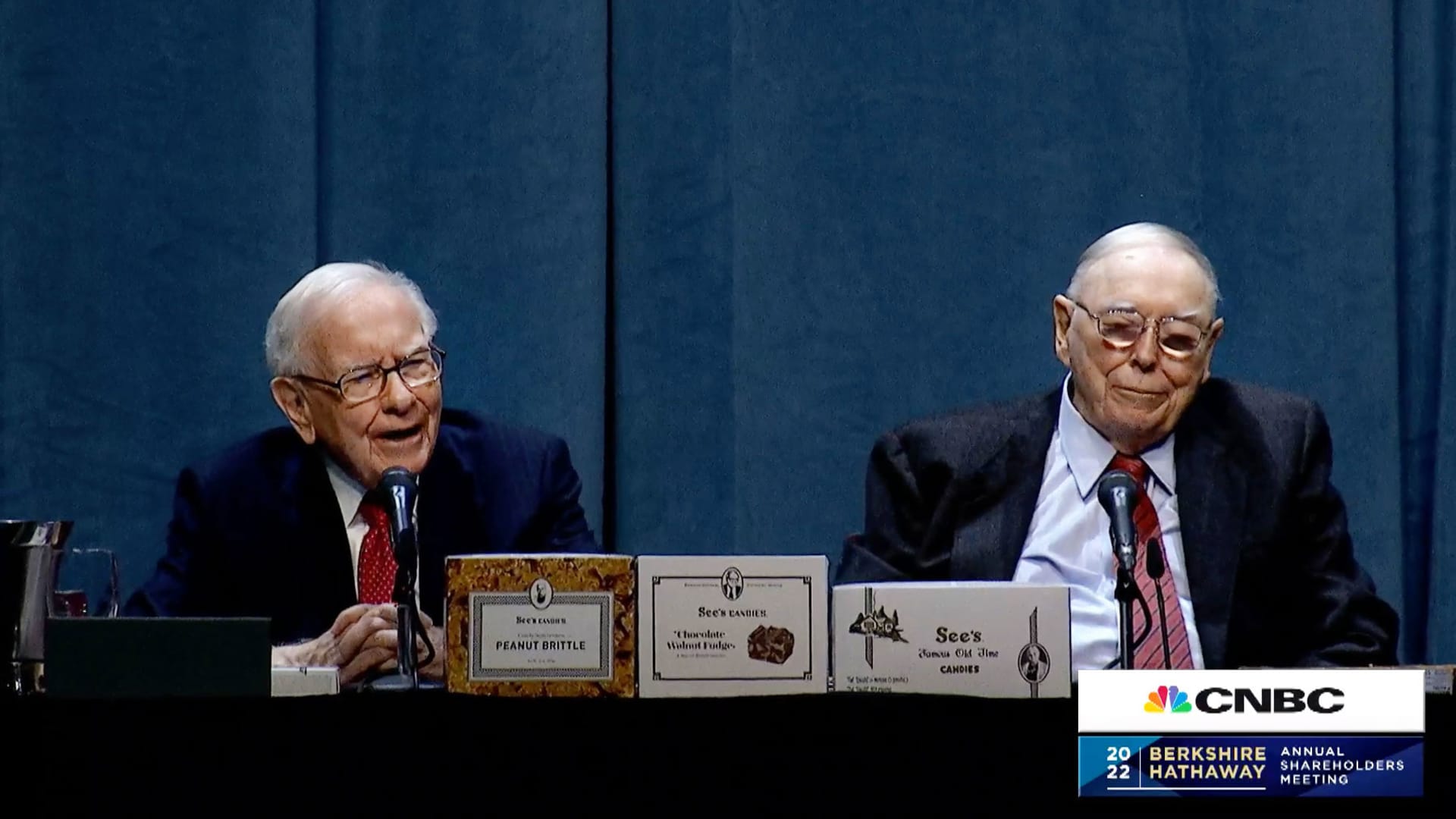
Ground zero of Russian President Vladimir Putin’s war of aggression against Ukraine shifted Friday to Moscow’s Crocus City Hall.
ISIS claimed responsibility for the concert shooting that killed 133 and injured 140, but all is likely not as it seems — and the Kremlin is putting the blame on Kyiv.
ISIS may or may not have been involved.
If the latter, the Federal Security Service (FSB) was probably behind it.
ISIS often claims responsibilities for attacks it did not commit to build its reputation and exaggerate its reach.
Heavily guarded Moscow feels like a heavy lift for the Islamic terrorist organization.
The now-gutted concert venue is only 14 miles from the Kremlin and the FSB’s Lubyanka Square headquarters.
Putin’s post-attack comments and finger-pointing are eyebrow-raising and revealing.
During an address to the Russian people, he claimed the four gunmen “tried to hide and move towards Ukraine, where, according to preliminary data, a window was prepared for them on the Ukrainian side to cross the state border.”
Not so fast.
We have gone down this road with Putin before.
Authorities attributed four bombings in September 1999 — in Buynaksk, Pechatniki, a Moscow neighborhood, and Volgodonsk — to “Islamic insurgents.”
Then-Prime Minister Putin exploited the attacks, which killed 307 Russian civilians, to justify a second invasion of Chechnya.
Putin got his land war and, in the process, secured his grip on power by becoming Russia’s president in May 2000.
Most experts conclude he was behind the attacks.
The Russian president is tenacious; but he is not particularly inventive.
It is highly likely we are witnessing a rinse and repeat, yet one that comes with a twist.
Putin was attempting to play US intelligence off itself — and have it confirm ISIS’s responsibility.
Did the FSB use a disinformation technique known as imitative communications deception?
Russia may have laid a series of false indicators to convince US intelligence analysts that Mideast extremists were planning an impending attack.
This would account for the US embassy in Moscow issuing a March 7 threat warning to American citizens.
The alert cautioned that “extremists have imminent plans to target large gatherings in Moscow, to include concerts, and U.S. citizens should be advised to avoid large gatherings over the next 48 hours.”
ICD would also explain why Putin — just three days before the attack — summarily dismissed the US warning and accused the West of “outright blackmail.”
Blackmail or not, the FSB appears to have been caught with its guard down.
That might be explained by a Feb. 29 meeting in Moscow.
The Kremlin hosted Hamas and Fatah leadership reporting to discuss forming a unified Palestinian government.
Could that meeting have produced an agreement to provide paid-for-hire Arab gunmen to masquerade as ISIS to pull off the Crocus City Hall attack?
After all, video images show the alleged ISIS assailants walking throughout the venue shooting their victims with ease.
The absence of any Russian armed security forces or checkpoints suggest the FSB facilitated an “open door” for the soon-to-be Islamic martyrs.
Russia’s national guard took an hour and a half to respond to the massacre.
Notably, no Americans were injured or died.
Why? Putin needed US intel to look — but not too closely.
Even the rounding up of the usual suspects appears contrived.
Images and videos are being released on Telegram showing alleged ISIS terrorists being tortured.
It’s a tad too obvious — and likely misdirection.
Why Putin probably did this is the easiest question to answer.
He needed an elaborate false-flag operation to justify doubling down on his faltering war in Ukraine — and to further mobilize and put Russia on a full war footing.
Bravado aside, Putin is stalled in Avdiivka and across the entire Donbas front line — and Crimea remains within reach of Ukrainian deep strikes.
His Black Sea Fleet continues to be decimated, and he’s lost upwards of 434,000 dead or wounded, Kyiv estimates.
Putin’s back is against the wall in Ukraine.
Defense Minister Sergei Shoigu says Russia needs to mobilize 500,000 soldiers to stand up two combined-arms armies by year’s end.
To do that, Putin likely determined he needed his own 9/11 — and he chose Moscow as its ground zero for the highest psychological effect.
He probably thought he could dupe US intelligence into confirming it was ISIS and not the FSB.
Sorry, Vlad. No sale.
We’ve seen this Russian movie before.
Mark Toth writes on national security and foreign policy. Col. (Ret.) Jonathan Sweet served 30 years as a military intelligence officer.
















